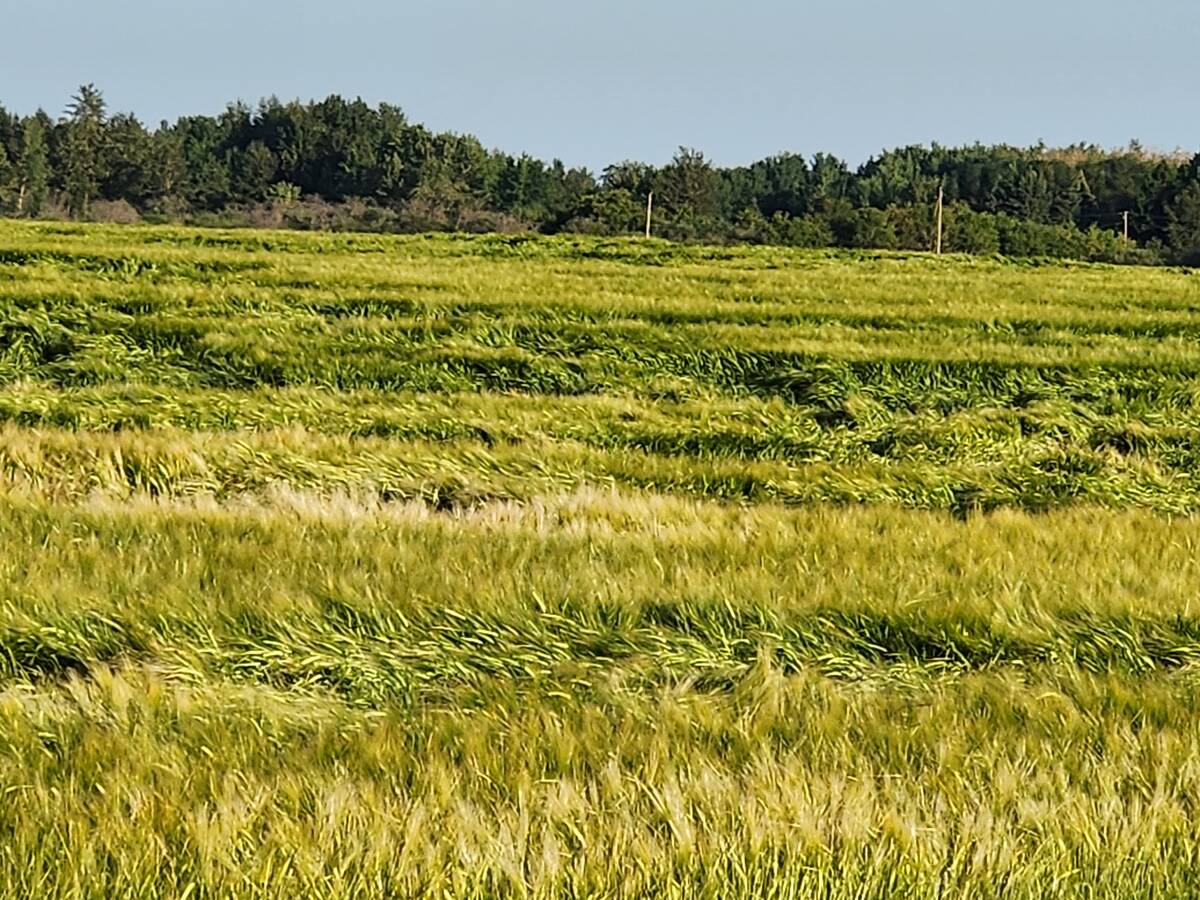Russia may continue taxing wheat exports in the new marketing season, which starts on July 1, Interfax news agency reported January 14, citing a letter from the Agriculture Ministry to the Russian Union of Grain Exporters.
Russia, one of the world’s largest wheat exporters, is trying to stabilize domestic food prices with the wheat export levy as well as a grain export quota and a series of other measures after President Vladimir Putin criticized the impact of excessive inflation.
The ministry “has no plans to initiate the zeroing of the export customs duty on wheat,” Interfax quoted it as saying in the letter.
Read Also

Cereal lodging isn’t just a nitrogen problem
Lack of copper in the soil can also lead wheat and other cereal crops to lodge during wet seasons on the Canadian Prairies.
The ministry was referring to Russia’s formula of wheat export duty, which is set at the zero level until July 1, after a request from the union — a non-government lobby group of Russian grain exporters — to clarify the taxation regime for the new season, Interfax added.
It is unrelated to another — 25-euro- (US$30-) per-tonne — wheat export tax which is currently set for Feb. 15-June 30 and which Russian officials will consider raising.
The formula, to which the Agriculture Ministry was referring to in its letter, was in place in 2013-16 and that has been kept a zero level but not cancelled.
The last time the formula was used in 2016, it was at 50 per cent of the customs declared price minus 6,500 rubles (US$89) per tonne of wheat, but not less than 10 rubles per tonne.
The size or the formula of the possible tax in the new season are unclear.
“We have realized that the export restriction measures are systemic in nature. This will help us when planning export operations in the new season,” Eduard Zernin, the head of the union, told Interfax.
Putin criticized domestic food price growth in December amid the COVID-19 crisis, which has hit the Russians’ income.















